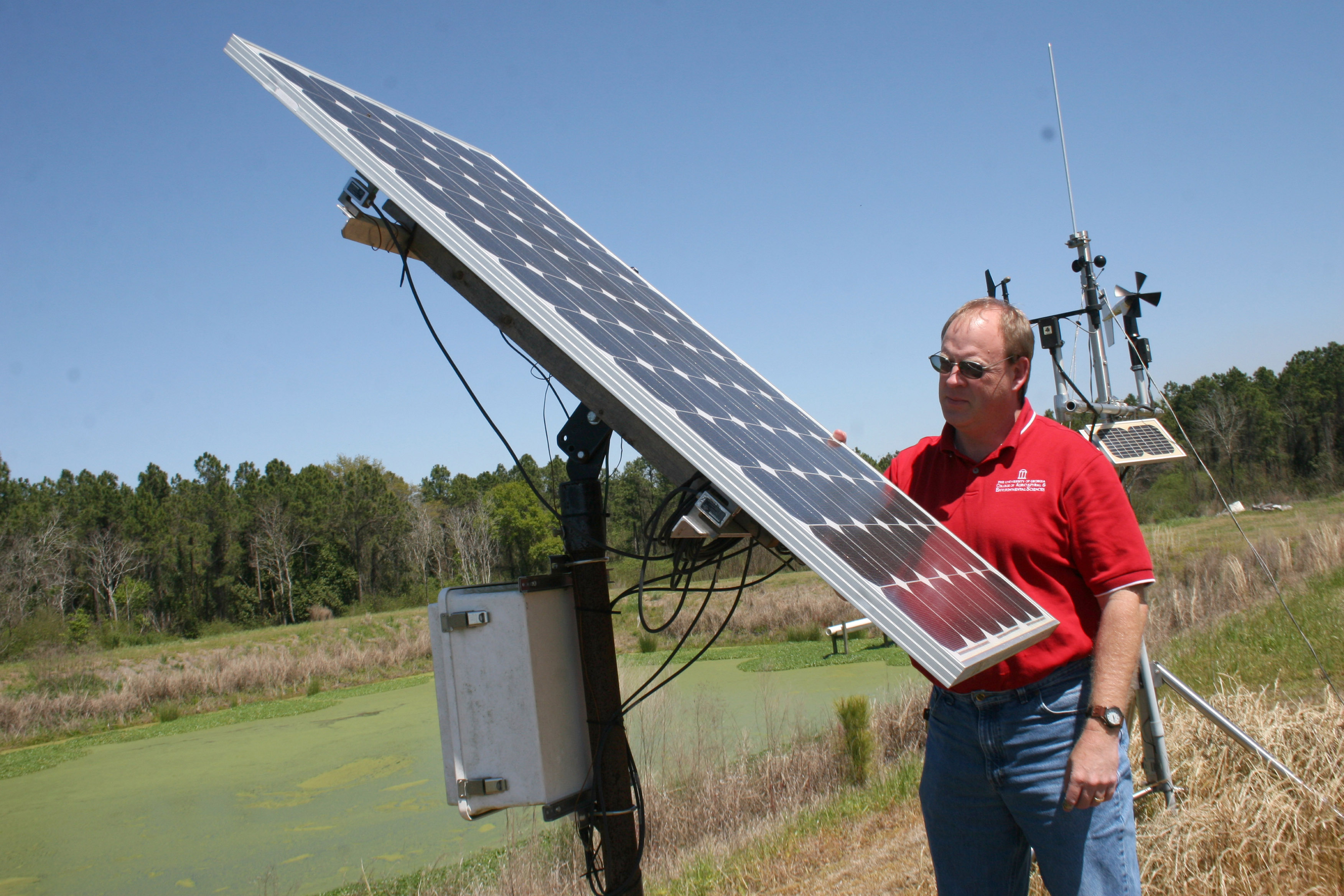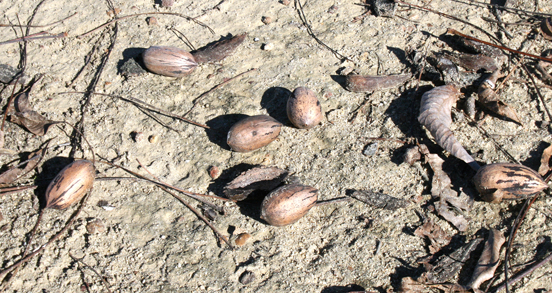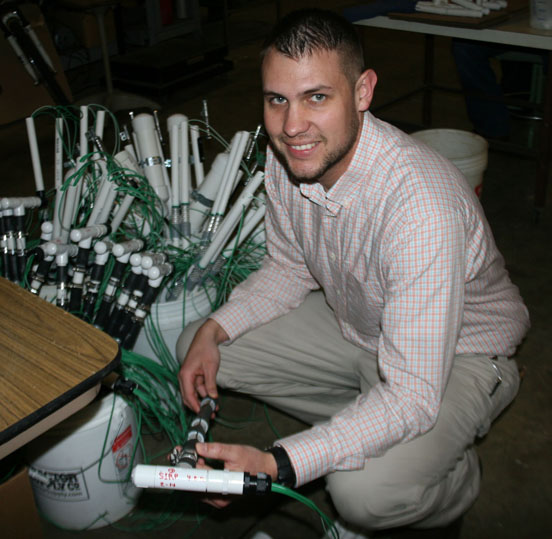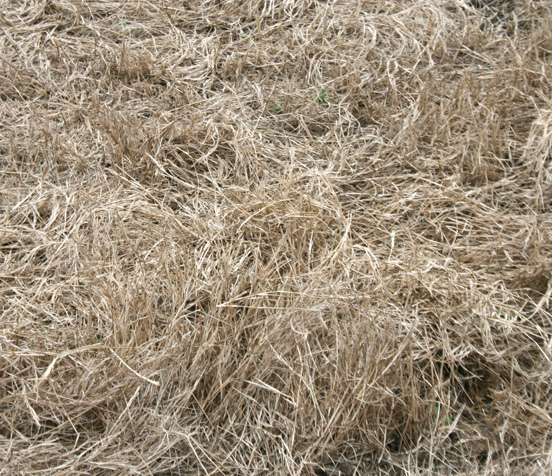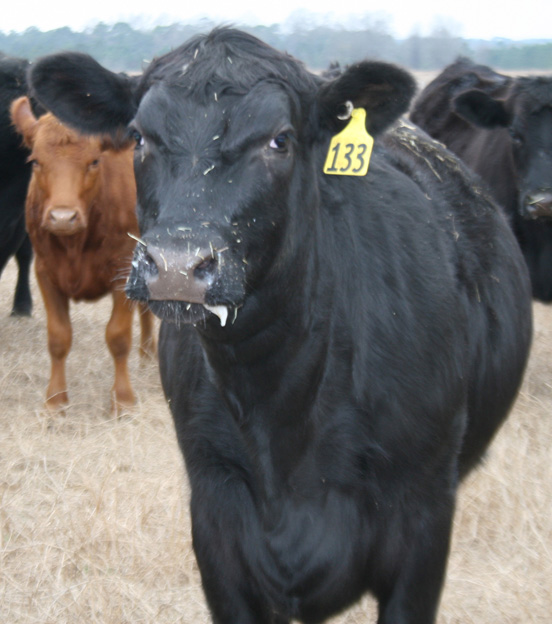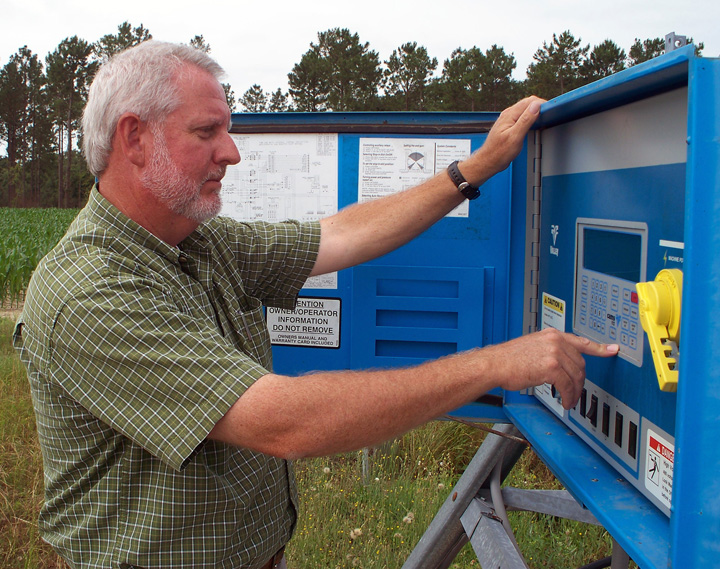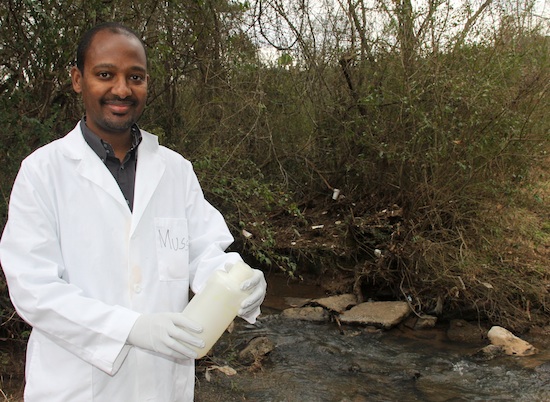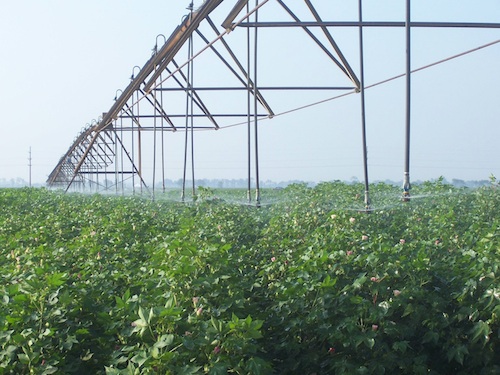 CAES News
CAES News
Water Conservation Project
Researchers in the University of Georgia College of Agricultural and Environmental Sciences are teaming up with IBM to work with farmers in Georgia’s Lower Flint River Basin to enhance water efficiency by up to 20 percent.

